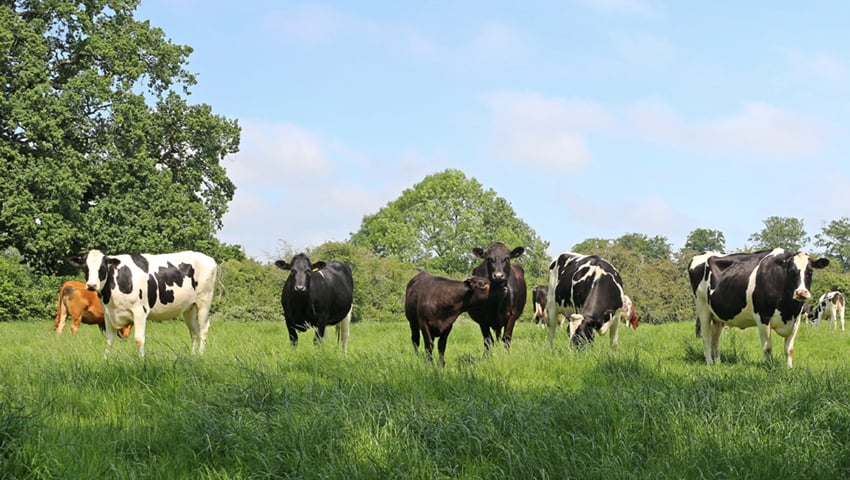First Milk’s Chief Impact Officer, Mark Brooking has welcomed the new government, but has urged ministers to take a time to evaluate opportunities to deliver food, farming and nature together.
He said that decisions on climate and biodiversity needed to be led by up-to-date science and that Britain’s expertise in grass-based, ruminant agriculture needed to be recognised and celebrated.
Brooking said, “We need climate and nature outcomes to be delivered quickly, but in a way that can be sustained in the long term. Decisions need to be science-led, not opinion-led. Britain is very good at farming from grass, and we need to continue producing food from grass while delivering for climate and nature at the same time.”
Brooking said that he hoped the new government would recognise that the Sustainable Farming Incentive contained many good elements and work positively to further refine it.
He said, “There will be a lot of critics of SFI – but there’s a lot of good in there. The new government needs time to evaluate and mustn’t just chuck stuff out for ideological reasons. There will be pressure from certain parts of the industry, whether that be retailers or farmers’ unions – so I think there needs to be a period of due consideration.”
Agriculture, he said, is a long term process. “We’d really like government to look at things on a long term basis. Where do we want to be in 20 or 30 years time. Agriculture doesn’t work on 3-5 year election cycles – it’s generational.”
Brooking also responded to Denmark’s new cow tax. He said that he thought the government might come under pressure to replicate the Danish tax on emissions here in the UK, but that this would be a mistake. Agricultural systems must be understood holistically.
First Milk is Britain’s first regenerative dairy – their farmers are already working to minimise emissions while maximising drawdown, to rebuild biodiversity from the soil up, and to improve water holding capacity to reduce flooding and build farm resilience.
Brooking said, “Based on what we’re reading, the principles and framework that the Danish tax is based on are too narrow for the UK. We need to continue building regulation that incentivises and enables farmers to deliver multiple, joined-up wins across emission reductions, carbon sequestration and enhancing biodiversity.
“We are one of a growing number of serious players across the dairy value chain investing in the positive and proven outcomes that regenerative practices bring to climate change mitigation, biodiversity net gain and water protection.
“Our priority is to get the hard and soft benefits of this better understood amongst our political stakeholders quickly, so that we can get on with delivering net zero and building more resilience into the UK food system from the farm up.
“There is a danger that the new government could see the Danish cow tax as an income stream to replicate, without recognising the increased risk to natural regeneration that may follow.”
Brooking also called for more cross-party working to ensure a long-term approach.
He said, “If addressing climate change is global emergency we should treat it as such. We ought to have more cross party working here, to look at this longer term again. When we had a shortage of food, post war, there was a national plan. We should have the same again with cross party support.
“If we’re going to tackle climate change and feed the world then we need to look at both together – it’s not one or the other. We can’t afford knee jerk policy reactions – we need joined up thinking.
“We would welcome a constructive dialogue with government – they should have a really open approach to dairy and ruminant issues. They should come in with an open heart and an open mind. Government needs to move forward with industry, and when people are well-motivated the industry will be able to deliver remarkable things.
“There is a plan in place in England at the moment – there may be some flaws, but there has been clear guidance on what farmers can and should do in the future. First Milk operates in Scotland and Wales as well and there is not the same clear guidance in those places, or the support. English farms are in a far better position and we don’t want to lose that.”
